Not a torn ACL. Not a bad transfer. An accusation.
When a player is accused of sexual assault, guilt doesn’t need to be proven. The damage starts the moment the story breaks. Headlines spread. Clubs suspend. Sponsors pull away. Fans turn silent. And even when the courts say “not guilty,” the world rarely listens.
Over the past few years, several players, Benjamin Mendy, Dani Alves, Neymar Jr., and others, have seen their careers collapse under allegations that later fell apart in court. Their stories reveal a hard truth about modern sport: in the court of public opinion, innocence often comes too late.
Benjamin Mendy: Acquitted but Abandoned
Benjamin Mendy was once one of Europe’s brightest left-backs. A World Cup winner with France. A £52 million signing for Manchester City. But between 2018 and 2021, six women accused him of rape and attempted rape at his home in Cheshire.
He was arrested in November 2020, charged in 2021, and suspended by City soon after. For nearly three years, Mendy’s name was dragged through headlines. He was branded a predator before he could defend himself.
Two trials later, the jury cleared him of every single charge. The final acquittal came in July 2023. But by then, City had released him. His reputation was destroyed. He remains without a club and without closure. No action was taken against any of the accusers.
Dani Alves: Convicted, Then Cleared
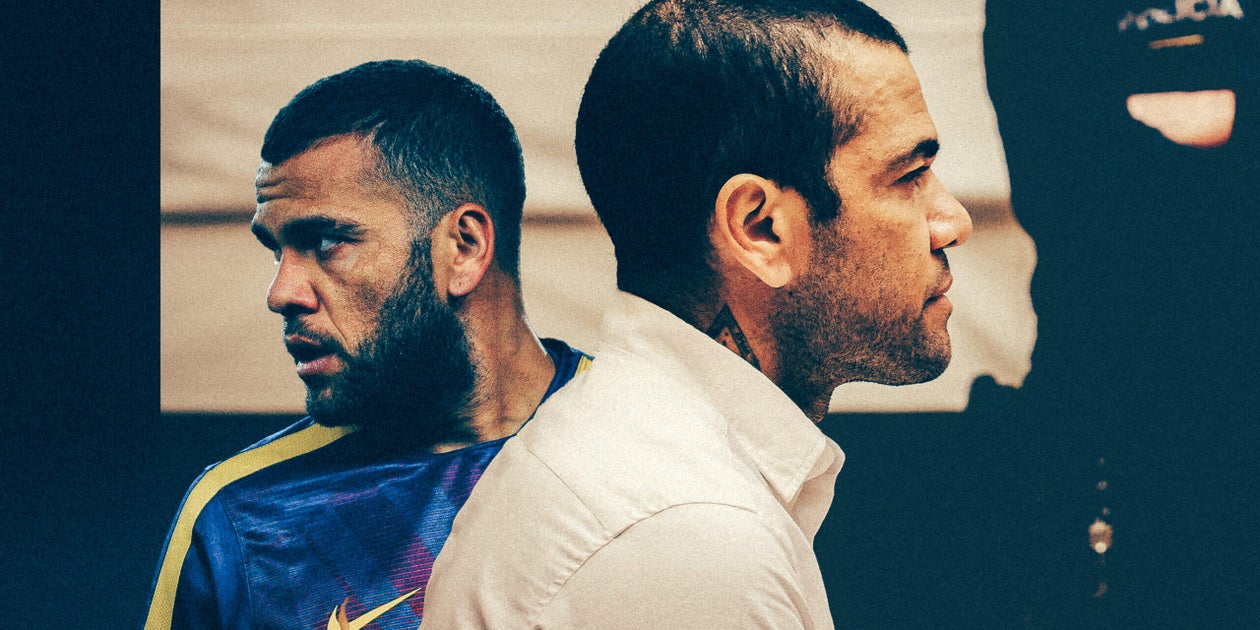
Few footballers have had careers as decorated as Dani Alves. Multiple Champions League titles. Dozens of domestic trophies. But in late 2022, everything stopped.
A 23-year-old woman accused him of raping her in a nightclub bathroom in Barcelona. Alves admitted to sexual contact but insisted it was consensual. He was charged in January 2023 and convicted a year later, sentenced to four and a half years in prison.
Then came the reversal. In March 2025, Catalonia’s High Court overturned the conviction, citing serious inconsistencies in the woman’s testimony. The judges ruled unanimously that the evidence did not support a crime.
By that time, Alves had been released by his club, lost sponsorships, and spent over a year behind bars. Though now acquitted, the 42-year-old’s professional life has been dismantled beyond repair.Ched Evans, Jack Diamond, and Others
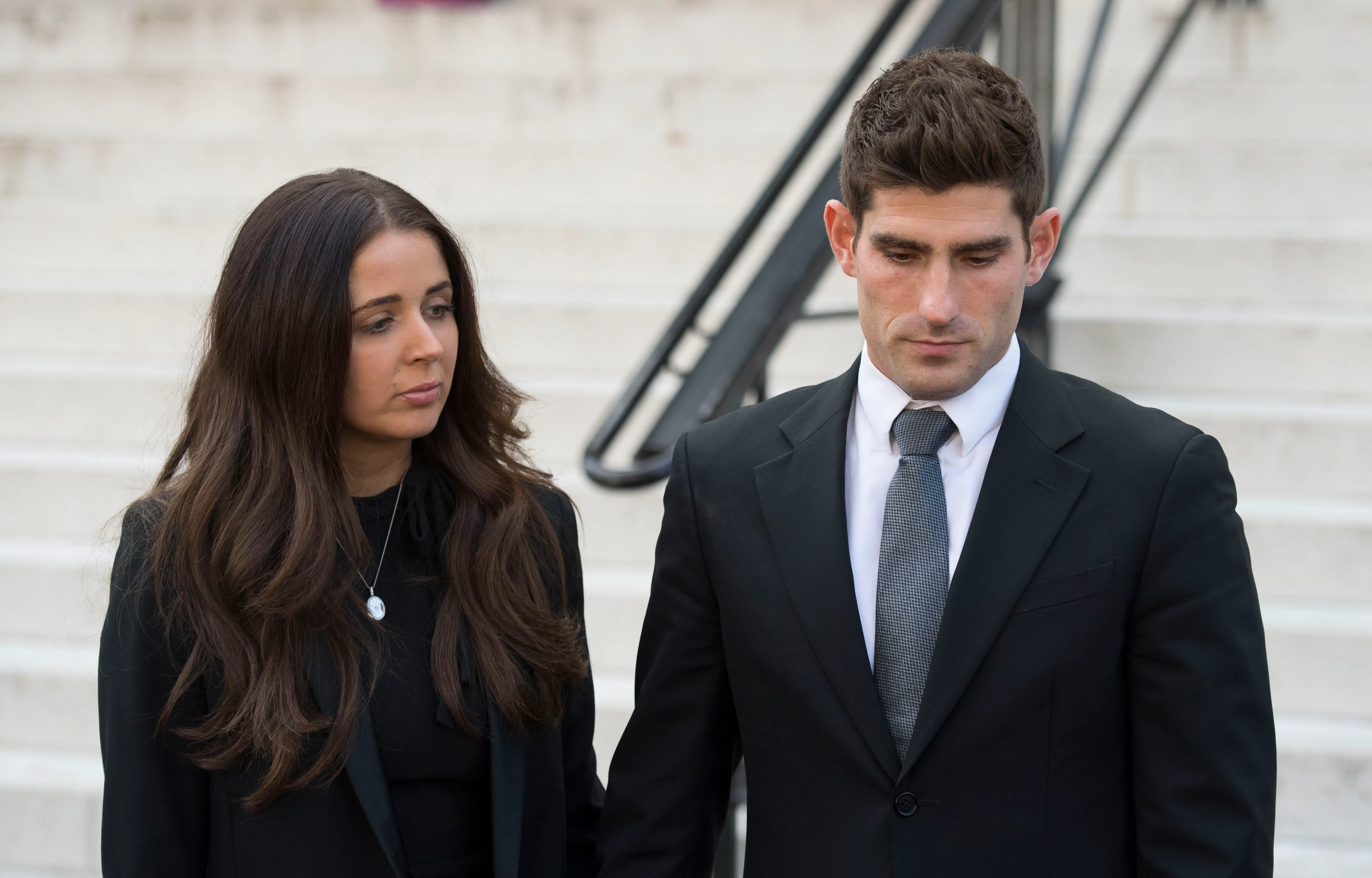
Ched Evans’s story still stands as one of British football’s most complicated. In 2012, the Welsh striker was convicted of rape and spent more than two years in prison. Four years later, his conviction was quashed, and he was acquitted at retrial after new evidence emerged.
Evans returned to football, but not to the same respect or opportunities. Sheffield United cut ties, and supporters protested even when he tried to rejoin.
Other players faced similar paths:👉Jack Diamond was accused of rape after meeting a woman on Tinder. He was acquitted in January 2024, but the case cost him his place at Sunderland and halted his progress.
👉Joseph Amoako, a Ghanaian footballer in Sweden, was convicted of statutory rape before his appeal overturned the decision. His club had already terminated his contract.
👉Bez Lubala was cleared by a Brighton jury in 2022 after a rape allegation. The verdict came quickly, but the stigma stayed.
Each story shares the same pattern: accusation first, punishment next, acquittal last, and never full recovery.
The Legal Gap: When Justice Comes Too Late
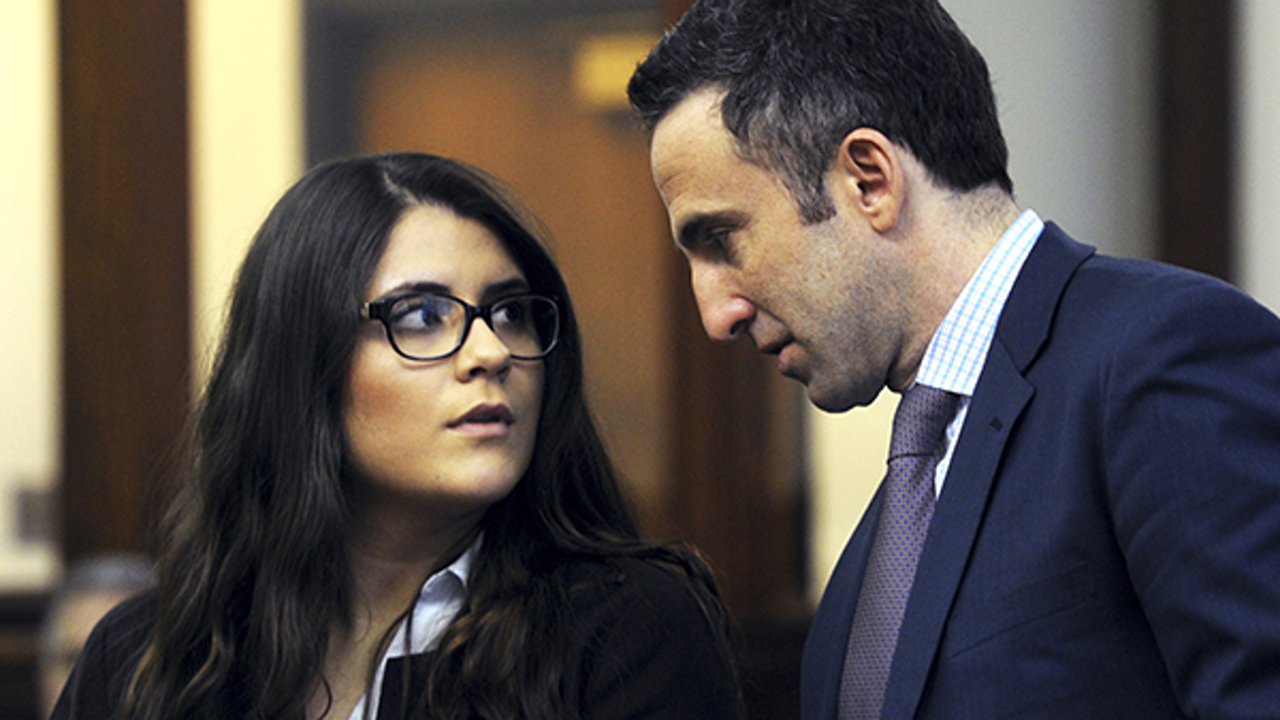
Clubs and sponsors act fast. They suspend players to protect their image. They rarely reinstate them, even after acquittal. Manchester City never took Mendy back. Barcelona and Pumas didn’t wait for Alves’s verdict.
Courts move slowly, but football moves fast. A two-year trial is a lifetime in a sport built on rhythm and form. Missed seasons, lost wages, frozen contracts, these aren’t reversible.
And while the accused lose everything, the accusers almost never face consequences when allegations prove false. In Mendy’s case, six women testified falsely, yet none were charged. It’s a hard legal reality: prosecuting false claims is rare, partly to avoid discouraging genuine victims from coming forward.That balance is delicate, but right now, it feels uneven.
What Needs to Change
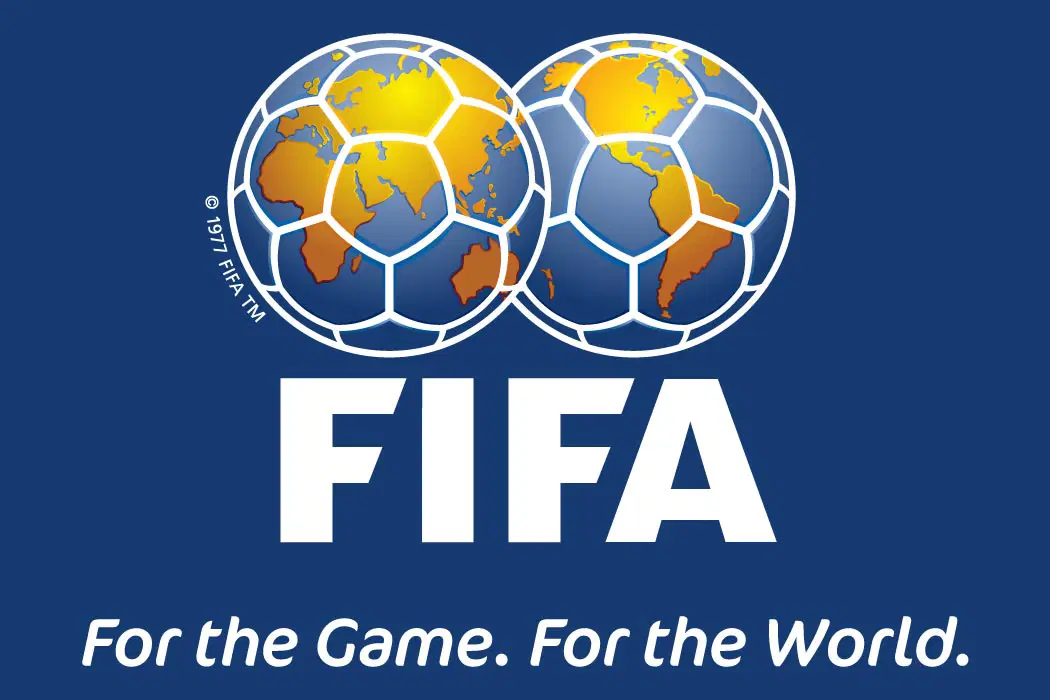
👉Presume innocence: Treat allegations as allegations, not verdicts. Clubs can suspend players without cutting ties.
👉Clearer contracts: Use paid leave or conditional suspension until trials end.
👉Punish false claims: Proven lies should have real consequences to keep the system fair.
👉Faster trials: Delays destroy careers. Sports bodies and courts must act quicker.
The Human Cost
Benjamin Mendy and Dani Alves are free men today, but their freedom came after their careers were already gone. Ched Evans fought for vindication, but it took years for fans to see him as more than a headline.
Football, for all its beauty, is ruthless with redemption.
If there’s a lesson here, it’s that fairness must extend beyond the courtroom. When justice finally clears a player’s name, football should find the courage to welcome them back, not with blind loyalty, but with basic humanity.
Because until then, an accusation will always be stronger than an acquittal.

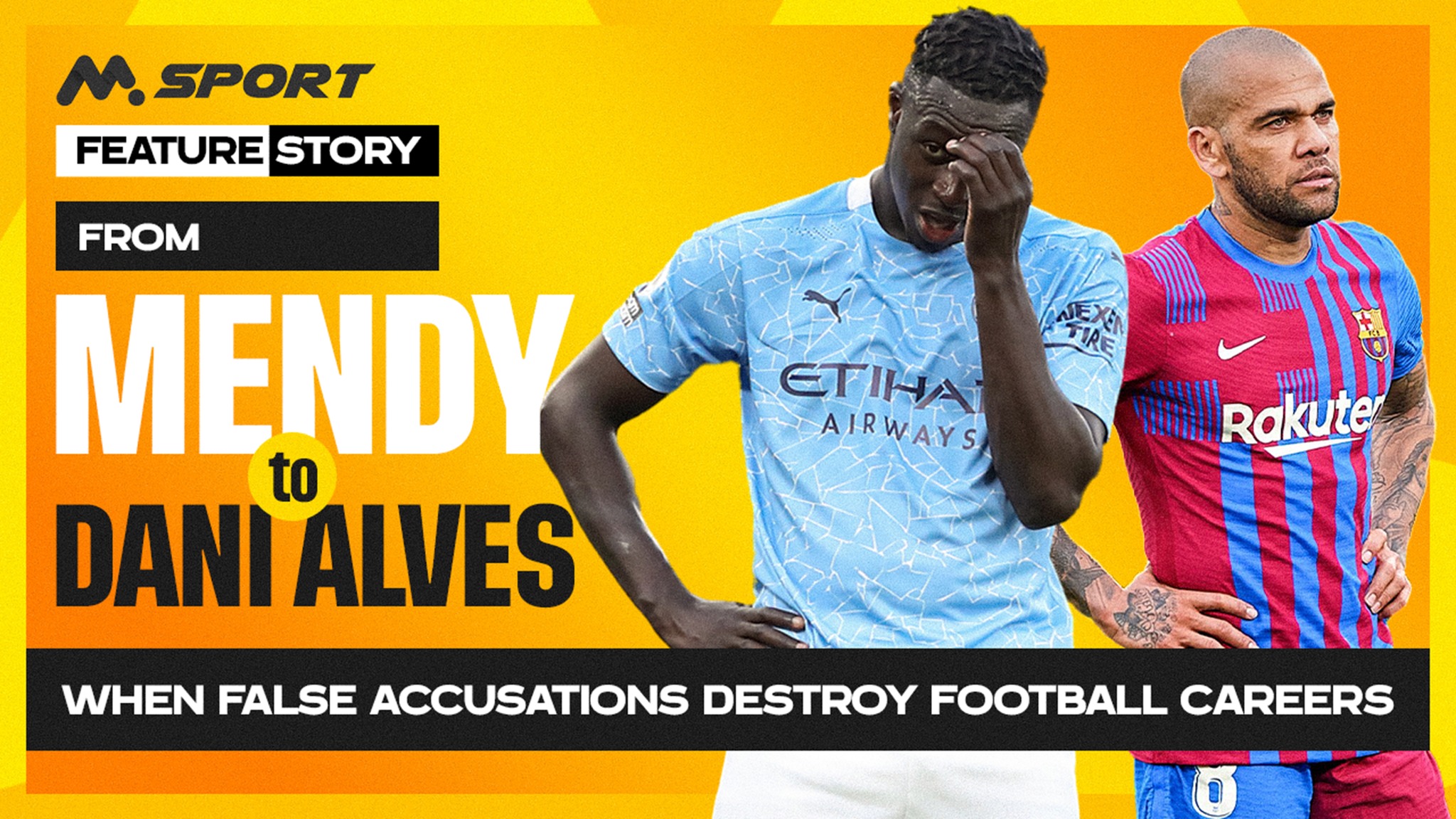
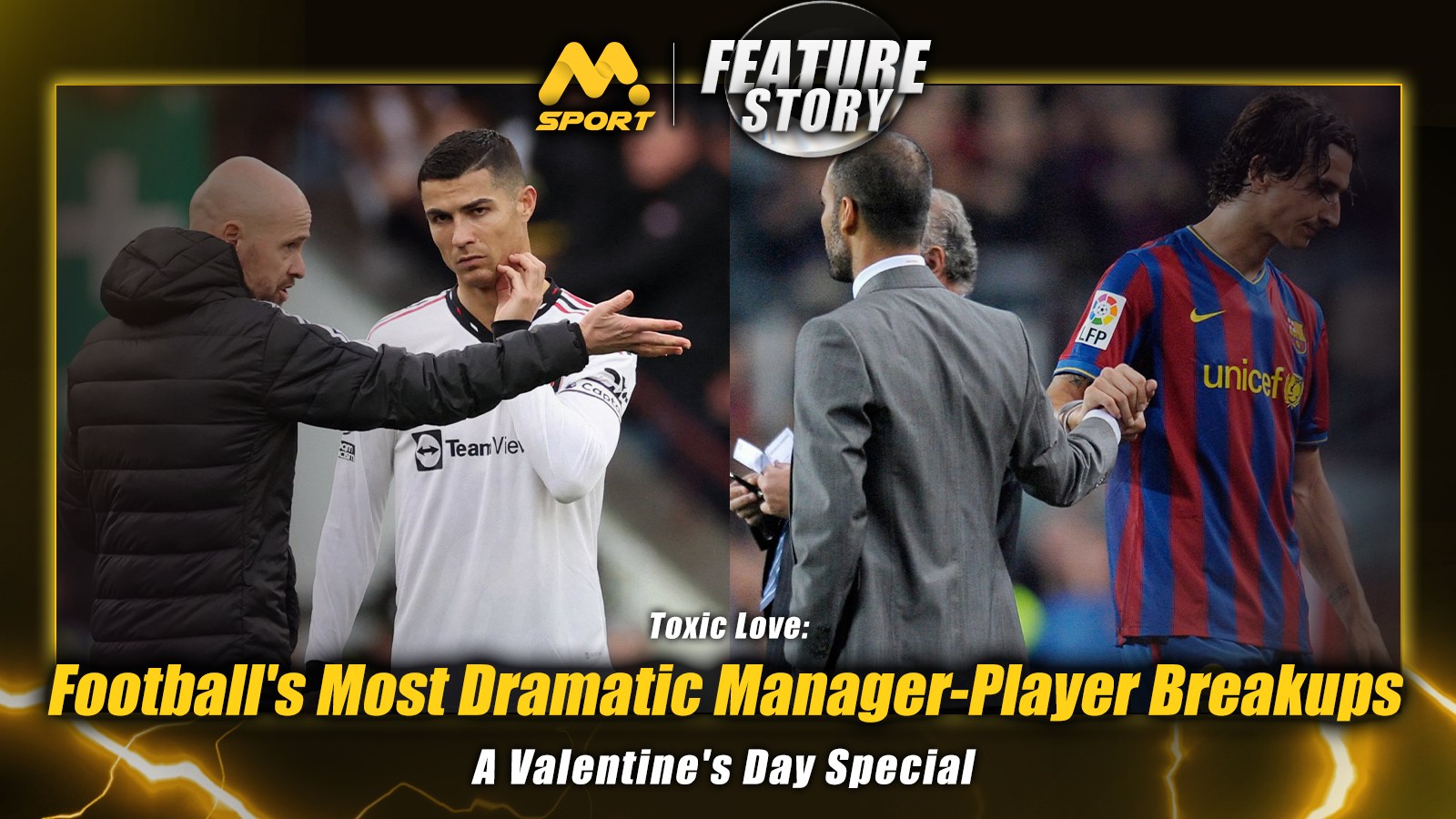

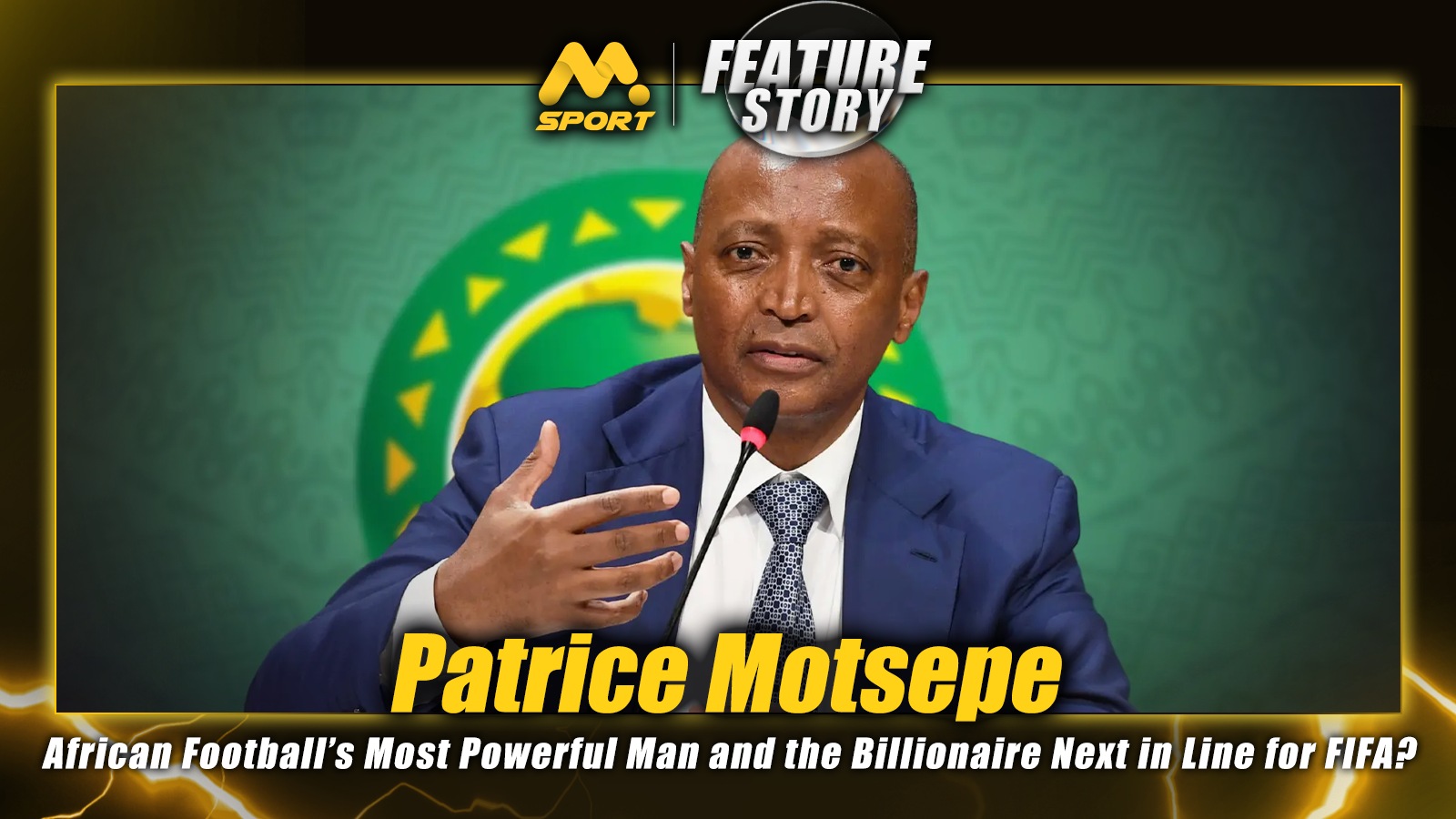


![The Top 10 Richest Footballers of All Time [Ranked]](/images/2021/100.jpg)